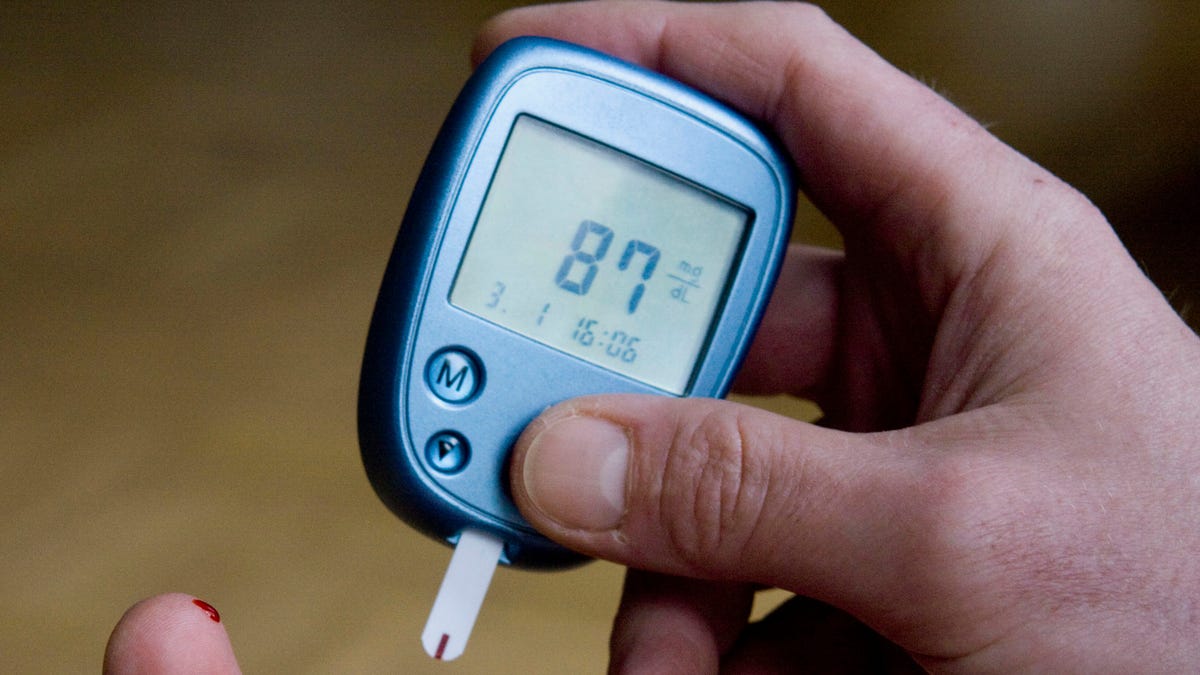
New research released on Wednesday highlights the role of obesity in type 2 diabetes. This suggests that obesity plays an important factor in up to half of new diabetes cases that occur annually in the U.S.
The link between obesity and type 2 diabetes – a condition in which blood sugar levels become uncontrollable and remain too high – is well established. But the authors say their new study, published in the Journal of the American Heart Association, provides a more recent estimate of how often obesity contributes to diabetes, an estimate that is based on long-term data than previous studies used. . The study was conducted by researchers at the Feinberg School of Medicine at Northwestern University in Chicago.
They analyzed years of data from two sources. One was the National Health and Nutrition Examination Survey (NHANES), an annual survey that asks a nationally representative group of Americans about their lifestyle and eating habits. The other was the Multi-Ethnic Study of Atherosclerosis (MESA), an ongoing study with more than 6,000 volunteers who have had their health monitored since 1999 to study heart disease. The combined data gave researchers two different ways to study the health of Americans over a long period of time, particularly from middle-aged to older people.
Between 2001 and 2004, according to NHANES data, about 34% of Americans between 45 and 79 years old met the criteria for obesity (body mass index, or BMI, 30 or more); in the years 2013 to 2016, this had changed to 41%. In MESA data, 11.6% of participants without pre-existing diabetes developed the disease over an average period of nine years. And those who were obese in the MESA study were about three times more likely than non-obese people to develop diabetes during that period (20% versus 7.3%).
Based on data from MESA and NHANES, the researchers estimate that obesity is now associated with 30% to 53% of new diabetes cases seen annually. The impact of this relationship is not the same for all groups of people, however. Both obesity and type 2 diabetes are more common among people of color than among whites, and blacks and Hispanic Americans are also more likely to die from diabetes. But the connection between obesity and diabetes was actually stronger in white women, despite this group having the lowest rates of obesity in general.
G / O Media can receive a commission
“Our study highlights the significant impact that reducing obesity can have on preventing type 2 diabetes in the United States. Decreasing obesity needs to be a priority, ”said study author Natalie Cameron, an internal medicine resident at Northwestern University in Chicago, in a statement released by the American Heart Association, which helped fund this study with the federal government. “Public health efforts that support healthy lifestyles, such as increasing access to nutritious food, promoting physical activity and developing community programs to prevent obesity, can substantially reduce new cases of type 2 diabetes.”
Another research has found that the incidence of new cases of diabetes in the United States decreased between 2008 and 2018, even with the increase in the rate of obesity in that same period. But the rate of new annual cases has not dropped in people under the age of 20, and diabetes is still the seventh leading cause of death in the U.S., having contributed to 87,647 deaths in 2017. The authors are also concerned that the covid-19 pandemic could make the situation even worse, both directly and indirectly (some search even suggested that covid-19 infection may directly contribute to the onset of diabetes).
“The greater severity of covid-19 infection in individuals with obesity is worrying, due to the growing burden of adverse health consequences that they may experience in the coming years; therefore, more efforts are needed to help more adults adopt healthier lifestyles and, hopefully, reduce the prevalence of obesity, ”said senior study author Sadiya Khan in a statement.
